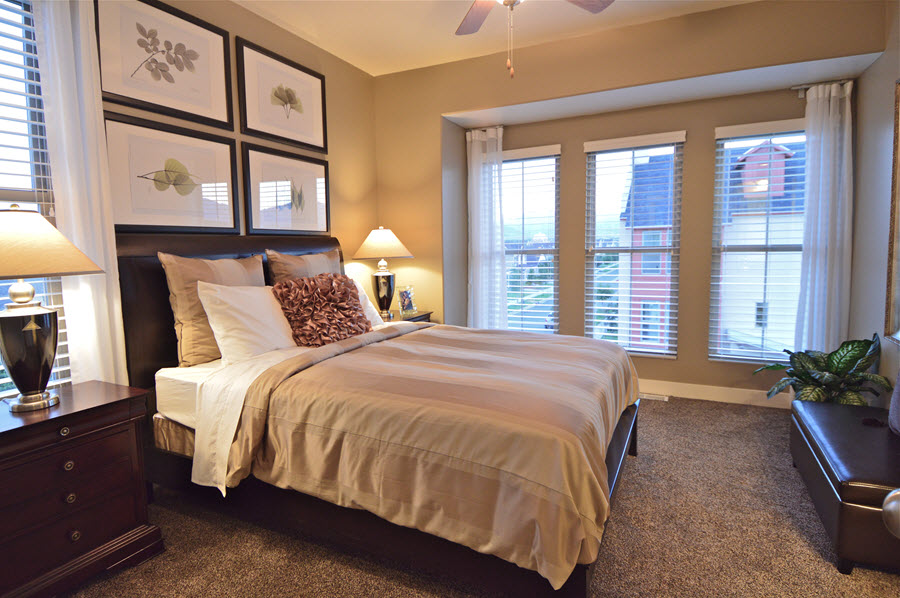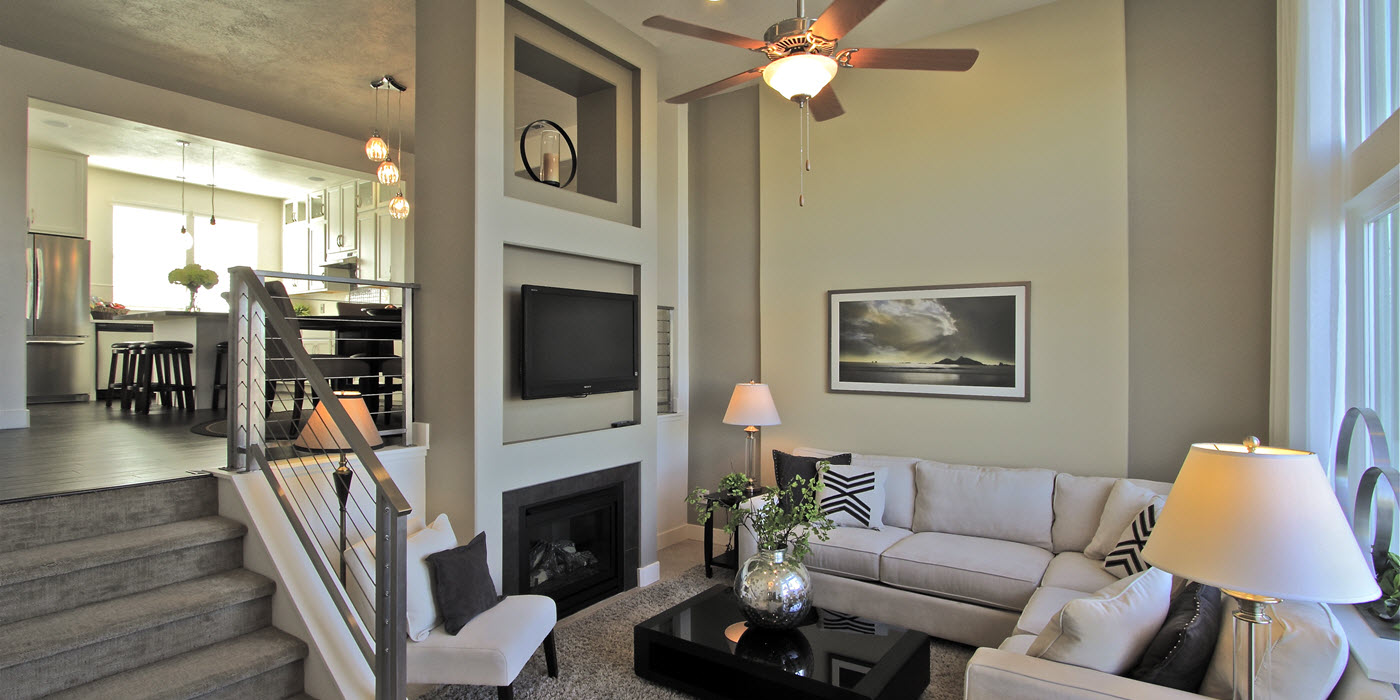
We can all agree saving for a home is a hard decision to make. It requires strict discipline, research, and patience, and it all starts with creating a budget that will ultimately give you enough money to make a down payment and afford a mortgage for a home.
Hardly anyone enjoys the frustration of not meeting the budget, the late-night arguments with a spouse, or the realization that you can’t afford a puppy for Christmas. That’s rough. However, creating a budget is not only possible, it is rewarding and enjoyable. You can make a budget that will cover all the necessities, let you have fun, and eventually give you enough to become a homeowner.
A good budget requires good management, knowledge of priorities, and moderation.
Direct Deposit to Savings Is an Easy Way to Save
Put your money out of sight and out of mind. Of course, it is important to have money available in your checking account, but Curt Weil, Certified Financial Planner professional and president of the Financial Planning Association of California, suggests putting at least 10 percent of your income in your savings.
Instead of depositing your whole paycheck in your checking account, consider setting up your direct deposit so 10 percent goes right to your savings account. That 10 percent will accumulate in time, so you will have enough to afford a home.

Be Committed and Succeed
Many of us have had the awkward “define the relationship” moment. Some of the same principles of that conversation may be applicable to saving for a home. Defining what is or isn’t important in a budget might be awkward or hard, especially if you’re doing it with a spouse. However, it’s important you both are on the same page when it comes to saving for a home.
Jim Tehan, a spokesman for Myvesta Foundation, suggests 35 percent of income go toward housing and utilities. 10 percent might go toward something specific you are saving up for. The remaining 45 percent should be up to you.
Most importantly, be sure you are committed and want a house. Make sure your spouse feels the same way. If it is not your time, that is alright.
Sit down. Pull out your computer or notepad. Decide.
Keeping on Track Keeps You on Track
Creating a budget is pointless if you don’t monitor your progress. If you’re serious about it, you could check your spending and income every day. You should at least calculate everything every month.
Monitoring your spending habits will help you cut back on frivolous or unnecessary spending. Keep your spending in check to ensure you are on pace for getting that dream home.

You Can Reward Yourself Every Now and Then
Budgeting doesn’t have to be the end of the world (even though it might feel like it sometimes). First and foremost, you shouldn’t cut out all of the fun in your life. You can still be a human being. If you are a McDonald’s junkie, you don’t have to go cold turkey. This is not the end of your relationship with the Big Mac. Although, the two of you should definitely have some time away from each other.
Instead of going to the Golden Arches every other day, try every other week or maybe once a month. You can still love it. Five or six dollars ultimately won’t put a dent in saving for a home.
Conclusion
These ideas may not work for everyone, and there are many other excellent ways to save for a home. However, they are a general road-map to guide you on your way to buying a home and creating a budget.
Don’t get down on yourself if you fall short, but make goals to improve. Figure out what you can cut out. If you met or exceeded a goal, reward yourself within your budget. Go to the beach. Buy tickets to a basketball game. Spend quality time with your Big Mac.
Saving for a home simply won’t happen in a month or two. It is a long term process and may take years. However, once you are settled in your cozy house, you won’t regret all that time spent monitoring your finances and spending.




